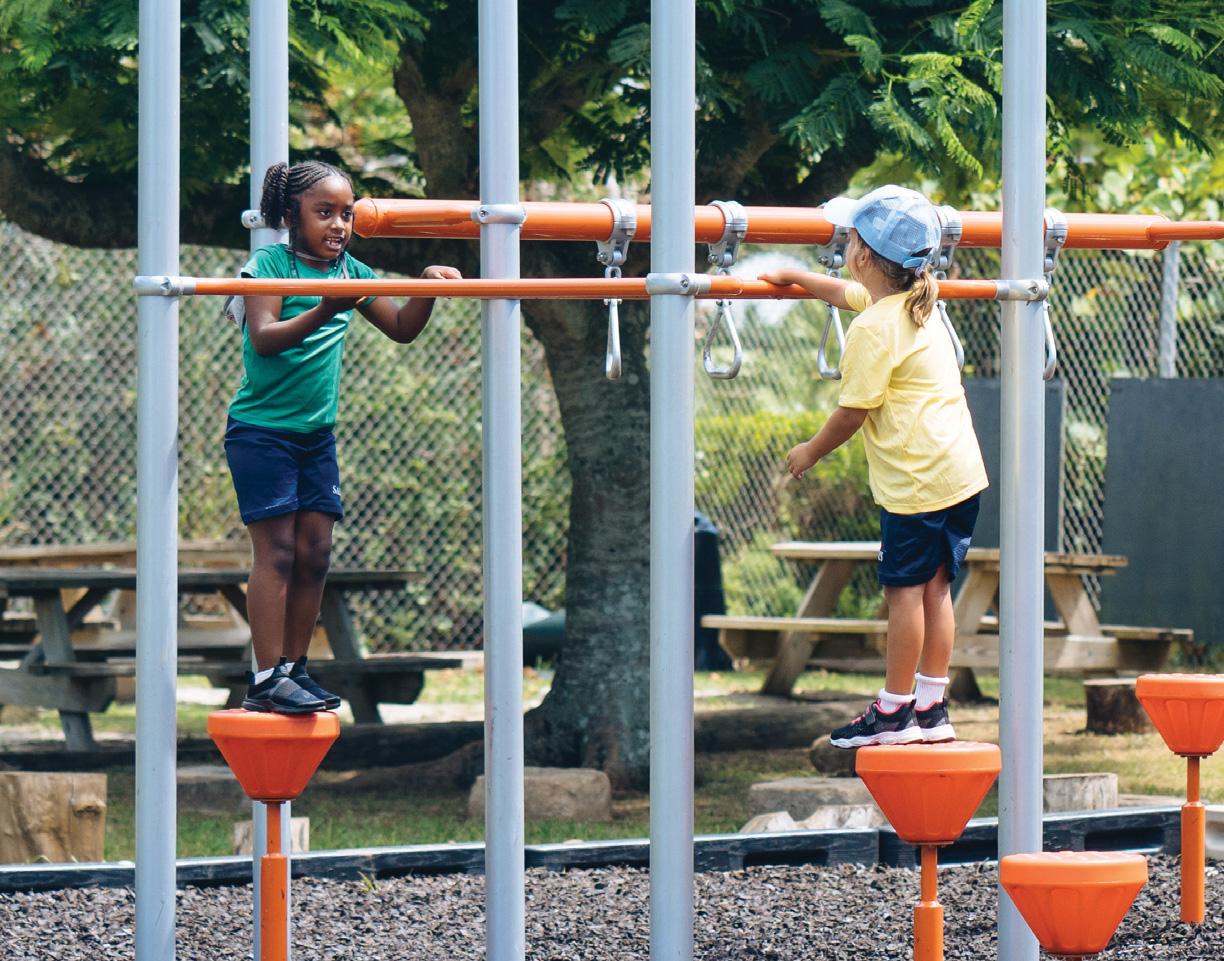
3 minute read
Covid-19
by Ian Coles
COVID-19 and Bermuda
Opositive cases in Bermuda of COVID-19 were reported and London. Two days later L.F. Wade International Airport closed followed quickly by a Government order to close some businesses and restrict large group gatherings. By April 4th, 2020, the island was in a full lockdown with an 8pm to 6am curfew.
The lockdown continued until May 2nd. deaths from COVID-19 on April 6th 2020.
The island slowly opened up during May, but it wasn’t until July 2nd 2020 that the airport re-opened and quarantine restrictions for arriving passengers.
Vaccines, provided free by the UK Government, became available in January 2021 (and continue to be readily available, including booster shots). However, further waves occurred in April 2021, when the island was placed in another lockdown for three weeks, and September 2021, to which the Government responded by introducing another curfew and restrictions on most public indoor activities such as dining.
The situation changes almost daily, but at the time of publication, January 2022, here’s what you need to know about COVID-19 and Bermuda.
Bermuda has recorded 106 deaths and close to 6,000 cases — that’s about 10% of the population. A little more than 70% of the population has been vaccinated. Some events require a Government issued SafeKey, a QR code issued to those with a negative Covid test result and those who are fully vaccinated. Mask wearing is mandatory in almost all public indoor areas, such as shops and to enter restaurants. A useful website for latest updates and restrictions is: www.gov.bm/coronavirus
Before the pandemic, the island was extremely well served with US cities, Toronto, Canada and London, England. Although airline schedules have remained steady for the past year, the frequency served has not yet returned to pre-pandemic levels. The forces play here, as the number of air visitors to Bermuda has fallen from 280,000 to only 50,000 in 2021. Business visitors to the island have fallen 80% and whereas we used to welcome 480,000 cruise ship visitors each year, less than 3,000 came in 2021.
At the moment, you need a Travel Authorisation to enter Bermuda. You will also have to have a negative Covid-19 test prior to arriving on the island, you will be tested on arrival at the airport and be required to take further tests four and 10 days after arrival. To learn more about the current requirements, COVID testing and quarantine, go to: www. gov.bm/applying-bermuda-travelauthorisation
Countries around the world have a range of travel restrictions and testing requirements due to COVID-19, but it’s worth mentioning that to enter the U.S. you must provide a negative COVID-19 test and if you’re not a US Citizen, you also must be fully vaccinated, otherwise you will not be allowed on the plane departing Bermuda.
Most of the world’s experts agree that COVID-19 is here to stay for the foreseeable future, but what does that mean for Bermuda?
Some are suggesting that COVID-19 will have to be accepted and dealt with as an endemic occurs every year on the Island.
Former government chief medical every year here, and that similarly Bermuda could see deaths during what could be described as “COVID season” without any additional restrictions such as lockdowns. Dr. Ayoola Oyinloye, told New Resident Guide “We are living with the worst pandemic in 100 years, and at this time, we cannot predict when it will end. Many experts feel that this will eventually become endemic and will be similar to An endemic disease is limited by geography, is predictable, and can often be managed. For example, malaria is endemic in parts of sub-Sahara Africa. The vaccine is the most spread of the coronavirus and living with this pandemic.”
Kim Wilson, minister for health, has stated that, unfortunately, it looks like COVID-19 will be a permanent problem for the Island. “The science and the evidence suggests that, perhaps, in three years time the pandemic will shift to an epidemic mode, and it may become a seasonal











